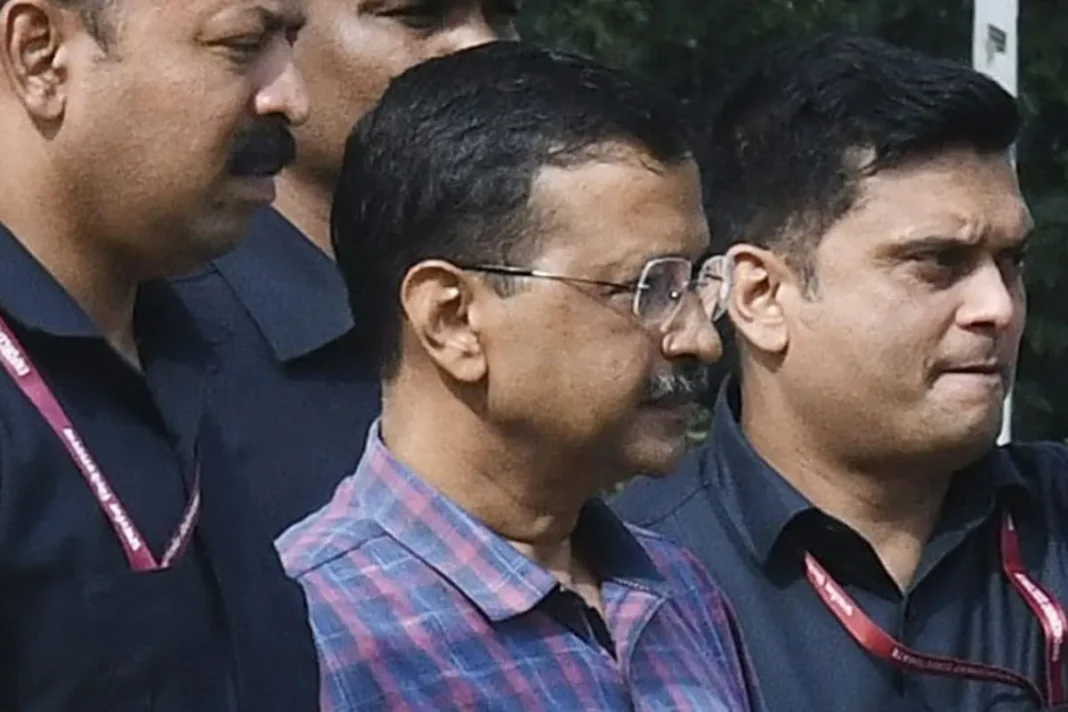The Supreme Court, on Friday, granted interim bail to Delhi Chief Minister and AAP National Convener, Arvind Kejriwal, in connection with the Delhi excise policy case. The decision was made by a bench consisting of Justices Sanjiv Khanna and Dipankar Datta. They have also forwarded Kejriwal’s plea to a larger bench to delve into whether the need or necessity of an arrest should be considered a condition under Section 19 of the Prevention of Money Laundering Act.
Kejriwal’s Arrest and Custody
Arvind Kejriwal was taken into custody by the Enforcement Directorate (ED) on March 21, following the Delhi High Court’s refusal to grant him interim protection earlier that same day. Since then, he had remained in custody until the Supreme Court stepped in on May 10, granting him interim release specifically for the Lok Sabha elections. However, this interim relief ended on June 2.
Supreme Court’s Decision for Interim Bail
The Supreme Court’s interim bail to Kejriwal comes as a significant relief. The bench’s decision to refer the matter to a larger bench suggests a deeper examination of the conditions under which arrests are made under the Prevention of Money Laundering Act. This case will likely set a precedent for future cases involving similar circumstances.
Keep watching our YouTube Channel ‘DNP INDIA’. Also, please subscribe and follow us on FACEBOOK, INSTAGRAM, and TWITTER.


